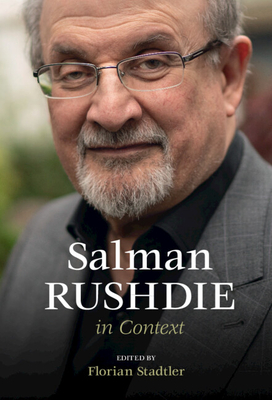Salman Rushdie: A Modern Literary Icon

Introduction
Salman Rushdie is one of the most significant authors of modern literature, known for his provocative narratives and critical social commentary. His works, especially the controversial ‘The Satanic Verses’, have sparked debates about free speech and the intersection of art and politics. As global discussions on censorship and artistic freedom intensify, Rushdie’s insights remain crucial in understanding contemporary literary challenges.
Recent Events
In recent years, Rushdie’s life has taken a dramatic turn, particularly after the attack he experienced in 2022 during a speaking event in New York. This heinous act, which left him severely injured, ignited a worldwide conversation on the dangers faced by authors and artists who challenge prevailing narratives. Following the attack, Rushdie’s resilience became a symbol of courage for many in the literary community, as he bravely resumed public appearances and continued to write, emphasising the need for unyielding freedom of expression.
Literary Contributions
Throughout his career, Rushdie has published numerous influential works, including ‘Midnight’s Children’, which won the Booker Prize in 1981 and is often regarded as one of the best novels of the 20th century. His unique style blends magical realism with historical fiction, pushing the boundaries of conventional storytelling. Rushdie’s work often reflects on identity, migration, and the complexities of the post-colonial experience, engaging readers globally and making significant contributions to discussions on multiculturalism.
Current Relevance
As of 2023, the themes explored in Rushdie’s writings resonate profoundly amidst rising incidences of book bans, censorship, and threats to artistic freedom. Discussions surrounding Islamic fundamentalism, freedom of speech, and the role of the artist in society are more pertinent than ever. Rushdie’s advocacy for these issues continues to inspire a new generation of writers and activists who push back against attempts to suppress dissenting voices.
Conclusion
Salman Rushdie remains an essential figure in contemporary literature, symbolising the struggle against censorship and advocating for freedom of expression. His courage following the personal attack and his continued contributions to literature highlight not only his resilience but also the importance of protecting artistic freedom in today’s world. As readers and aspiring writers look to the future, Rushdie’s legacy will undoubtedly shape the literary landscape for years to come.








